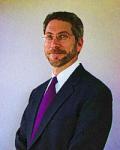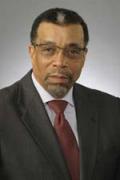There is something to be said for selecting the right jury. One successful jury consultant selected the juries that found O.J. Simpson and Jayson Williams not guilty and worked closely on the Kobe Bryant case. As for her work with Scott Peterson's defense team…well, no one bats 1,000.
Jury consultants work alongside attorneys during jury selections and actual trials; sometimes they are also active post-trial, serving as commentators or providing analysis to attorneys on how they handled their juries. A jury consultant is not there to do anything illegal. Many times, the jury consultant has a degree in behavioral science or psychology. He or she may also have a dual degree in law or criminal justice and be skilled in observing and analyzing human behavior.
As politically incorrect as it may seem, generalizations about the right types of people to select are probably made based on race, socioeconomic background, life experience, and education. These factors make some potential jurors less or more desirable. Whether the consultant is working for the defense or the prosecution also influences his or her input.
Once the trial begins, the consultant continues to observe what effect the attorney's presentation of the case is having on the jurors. Jury consultants may comment to the attorney when jurors seem emotional about or unaffected by testimony and look for any evidence of discomfort among the jurors that might lead to a hung jury and a mistrial.
A consultant can even influence the length of time a witness ends up testifying. After the verdict is returned, the jury consultant may review the case with the attorney to help him or her improve for future trials. The consultant's comments may include suggestions for changes in closing statements that will "play" better with juries.
Jury consulting is far from an exact science, and reading people, reading testimony, and rendering decisions are very risky when jury consultants have no direct contact with jurors. Many seasoned attorneys do not use jury consultants; trial lawyers can become quite skilled at selecting jurors on their own. While proceeding without a jury consultant can save time and money, in most big civil or criminal cases, both sides employ jury consultants.




